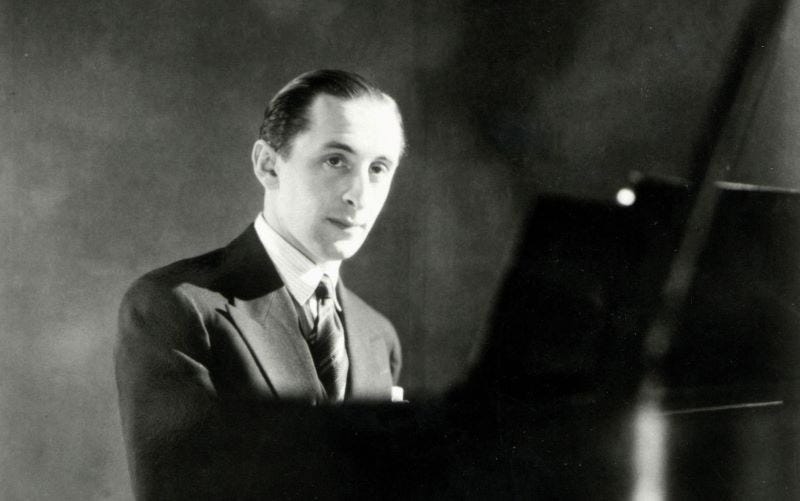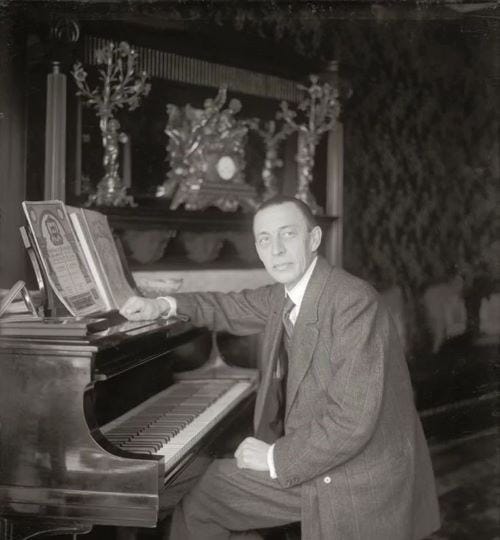Rachmaninoff's and Vladimir Horowitz's struggles with depression
Their emotional battles had a profound impact on their music
Sergei Rachmaninoff, a Russian composer and concert pianist, and Vladimir Horowitz, a Ukrainian/Russian pianist, were two of the most influential figures in twentieth-century classical music. Both had severe struggles with depression throughout their lives. Their experiences were shaped by personal, professional, and political challenges, and their emotional battles had a profound impact on their music and performances.
.
Vladimir Horowitz
Vladimir Horowitz (1903 to 1989) is widely regarded as one of the greatest pianists of the 20th century. Born in Kyiv (then a part of Russia but today the capital of Ukraine), Horowitz was known for his extraordinary technique, emotional expressiveness, and individualist interpretations. He also had debilitating mental health challenges throughout his life, including depression.
Horowitz's depression was exacerbated by his perfectionism and the pressure to maintain his reputation. He was self-critical and suffered from severe bouts of stage fright before performances, which sometimes led to prolonged periods of withdrawal from the concert stage. Horowitz took multiple years-long breaks from performing during his career.
Horowitz’s depression was exacerbated by personal challenges, including conflicts with his family and struggles with his sexual identity. He sought various forms of therapy and medication to manage his mental health, including electroconvulsive therapy.
.
Sergei Rachmaninoff
Rachmaninoff (1873 to 1945) suffered from severe depression, particularly after the disastrous premiere of his Symphony No. 1 in 1897. The symphony was poorly received, and the harsh criticism from critics left Rachmaninoff devastated. He entered a profound depression, struggling with self-esteem.
This period of depression lasted for a few years, during which Rachmaninoff found it impossible to compose. His condition worsened to the point that he sought the help of Moscow psychologist Dr. Nikolai Dahl, who used hypnotherapy. Under Dahl's care, Rachmaninoff began to recover, and his creative block lifted. This recovery led to the composition of his Piano Concerto No. 2, which became his most celebrated work and was dedicated to Dahl.
In the below video, the Ukrainian Anna Federova, my favorite current pianist, plays Rachmaninoff’s Piano Concerto No. 2.
Despite his recovery, deep emotional expressions and longing for his Russian homeland remained a part of his works, and are attributed to his sensitive nature and feelings of displacement after fleeing Russia during the Russian Revolution.
The aristocratic Rachmaninoff and his family immigrated to and settled in New York City, and he eventually became an American citizen. However, he and his family maintained Russian traditions and decorated their New York apartment in the Russian style. Though he spoke English, he had all correspondence to him translated into Russian.
.




I think I’m stuck in your Facebook message spam filter. I would like to purchase one of your books through you, if possible.